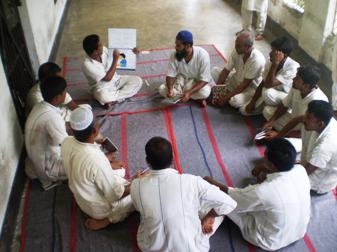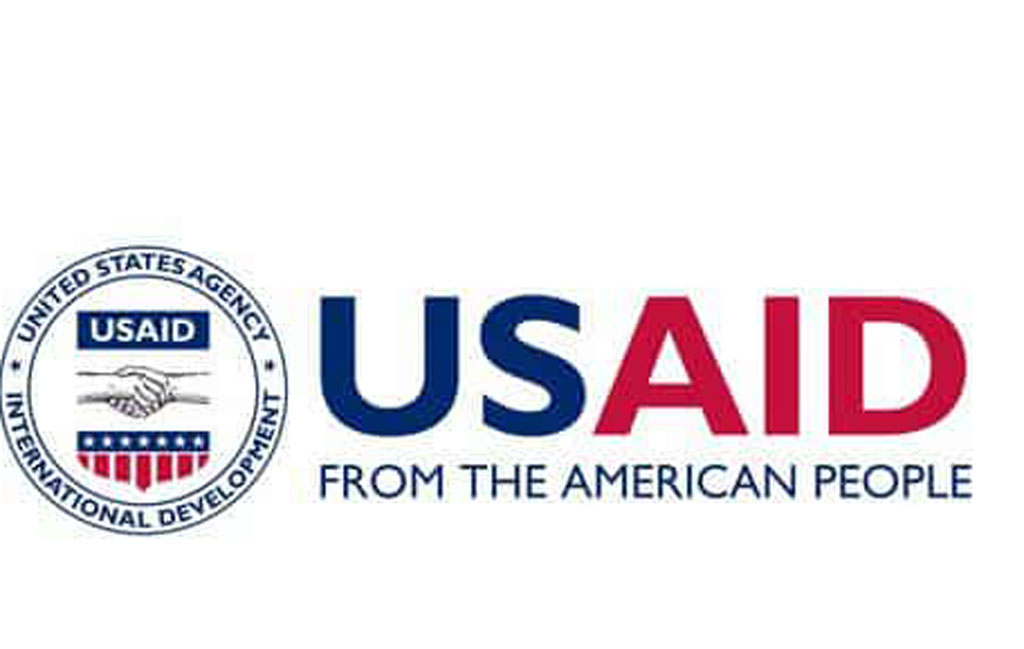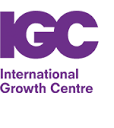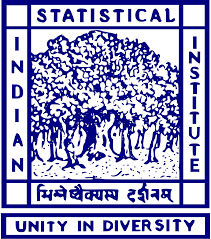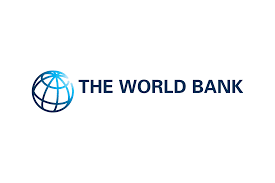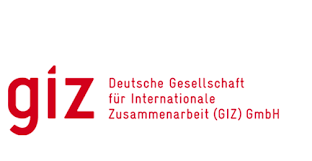Justice Audit Bangladesh: Survey
Principal investigators: Adam Stapleton, affiliation; yyy,
Funding organization: Governance and Justice Group Limited
Project timeline: 2017-2018
Background
The National Justice Audit is an initiative of Justice Reform and Corruption Prevention (JRCP) Project, which is a unique in its triangulation of data from institutions, user survey and citizens perspectives. MoLJPA is currently facilitating a process to marshal 2016 data from across the sector for the JA. The aim of a Justice Audit is to provide a snapshot of a country’s criminal justice system from a central repository of data that can be updated year on year. This source, or baseline data provides an evidence base underpinning and informing policy and legal reform and priority setting, as well as a management tool for monitoring progress and impact and for greater transparency.
As the designated national statistics body, it is proposed that BBS conduct nationally representative Citizen and Court User surveys which are integral to the JA. It is anticipated that these surveys will offer valuable insight from the perspective of the citizen into the issues surrounding the case backlog which the MoLJPA is committed to bringing under control. Included in the Citizen survey will be several questions to address selected key indicators for SDG 16, the SDG for which MoLJPA is responsible as lead or co-lead ministry. The two surveys will run concurrently to explore how ordinary citizens and court users experience the range of justice services and options available to them.
The over-arching goal of this joint effort is to strengthen the processes by which data from different institutions and sources are collected, organised and communicated to decision makers to inform the design and implementation of government policy and institutional reform. The partnership to produce the Justice Audit will both enhance BBS’ capacity and role as the ‘go to’ source on the criminal justice system in the country, and ensure that MoLJPA is in a position to address key selected indicators for SDG reporting.
Research objective and design
Since BBS has no previous experience of working in the justice sector, it has been agreed between GIZ, GJG and BBS to allow for independent monitors/mentors from ECONS Ltd to accompany and monitor the survey teams in terms both of approach and in-the-field surveys. They will also back-check on a few interviews as relevant. BBS will provide ECONS and the GJG a complete list of all areas to be sampled.
The surveys will be conducted using CAPI and BBS will be invited to provide regular report on progress and interview details. The access to live database will be under BBS control and, it is intended, BBS will provide reporting as required for effective monitoring and quality control.
Further data analysis and validation, including post-survey results weighting, will be implemented by BBS, in discussion with GJG team as needed. Final cleaned and validated data files shall be provided in SPSS and excel formats,with frequency tables and cross tabs for ease of analysis by BBS.
It is recognised that the successful execution of the surveys will require close cooperation between GJG, BBS and ECONS Ltd and the GJG through ECONS Ltd aims to ensure proper monitoring of the data collection in the field to ensure the data quality.
The assumption of this arrangement is that the combination of BBS + GJG + ECONS Ltd will generate nationally representative data that is useful to policy makers and planners, and produces a central repository for justice data collection and analysis that is sustainable in the medium to long terms. The resulting enhanced capacity of the BBS to collect, analyse and present data across the justice system, and to supply more nuanced information to government and stakeholders on justice policy and reform will hopefully be an important outcome of this collaboration.
Result and policy lessons
Results are private to the client.
Survey Details:
Survey divisions:
• In 11 districts of Dhaka division
• In 5 districts of Mymensingh division
• In 7 districts of Rajshahi division
• In 8 districts of Rangpur division
• In 10 districts of Khulna division
• In 4 districts of Barisal division
• In 11 districts of Chittagong division
• In 4 districts of Sylhet division
Household sample:
• Household sample- 6400

